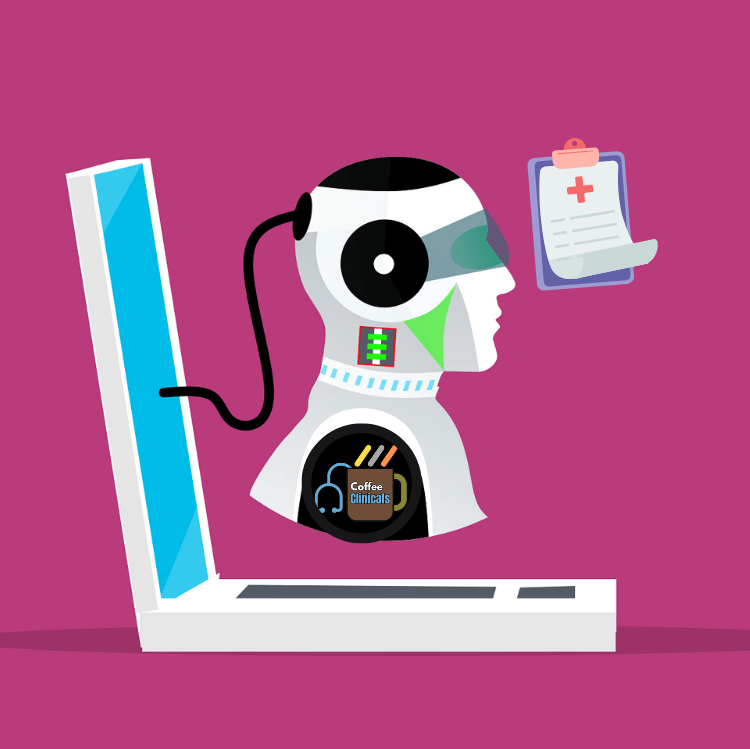
” Dear EMR, you literally know everything about my patient – why am I still creating a discharge summary ? ” Coworkers who know me know how discharge summaries are my Achilles heel ! Indeed, they are like the Brocolli of hospitalist documentation – useful, important but disliked! Documentation automation by Artificial Intelligence Large Language Models (LLMs) are a boon to someone like me, and hopefully they will soon be commonplace in all Electronic Medical Record systems.
I had blogged earlier about using ChatGPT to create discharge summaries quickly from progress notes – now a recently published study adds some validation to the use of AI for create discharge summaries. Excerpts from the study published in JAMA (May 2025):
“This cross-sectional study conducted at the University of California, San Francisco included 100 randomly selected inpatient hospital medicine encounters of 3 to 6 days’ duration between 2019 and 2022“. The summaries had a blind evaluation by 22 attending physcians who then reviewed them for “overall quality, reviewer preference, comprehensiveness, concision, coherence, and 3 error types (inaccuracies, omissions, and hallucinations). Conclusion ? ” AI-generated summaries were “more concise and coherent than their physician-generated counterparts, but less comprehensive” AI-generated summaries were also “more likely to contain errors, but their overall potential for harm was low.“
My Take: With anything AI related in medicine, a provider is still ultimately responsible for reviewing for errors before finalizing and signing documents, but since AI does majority of the work of creating a logical, concise clinical course narrative – it’s still a lot of time and effort saved ! Yay !
Don’t miss future fun posts! Subscribe via email 📩 | |
